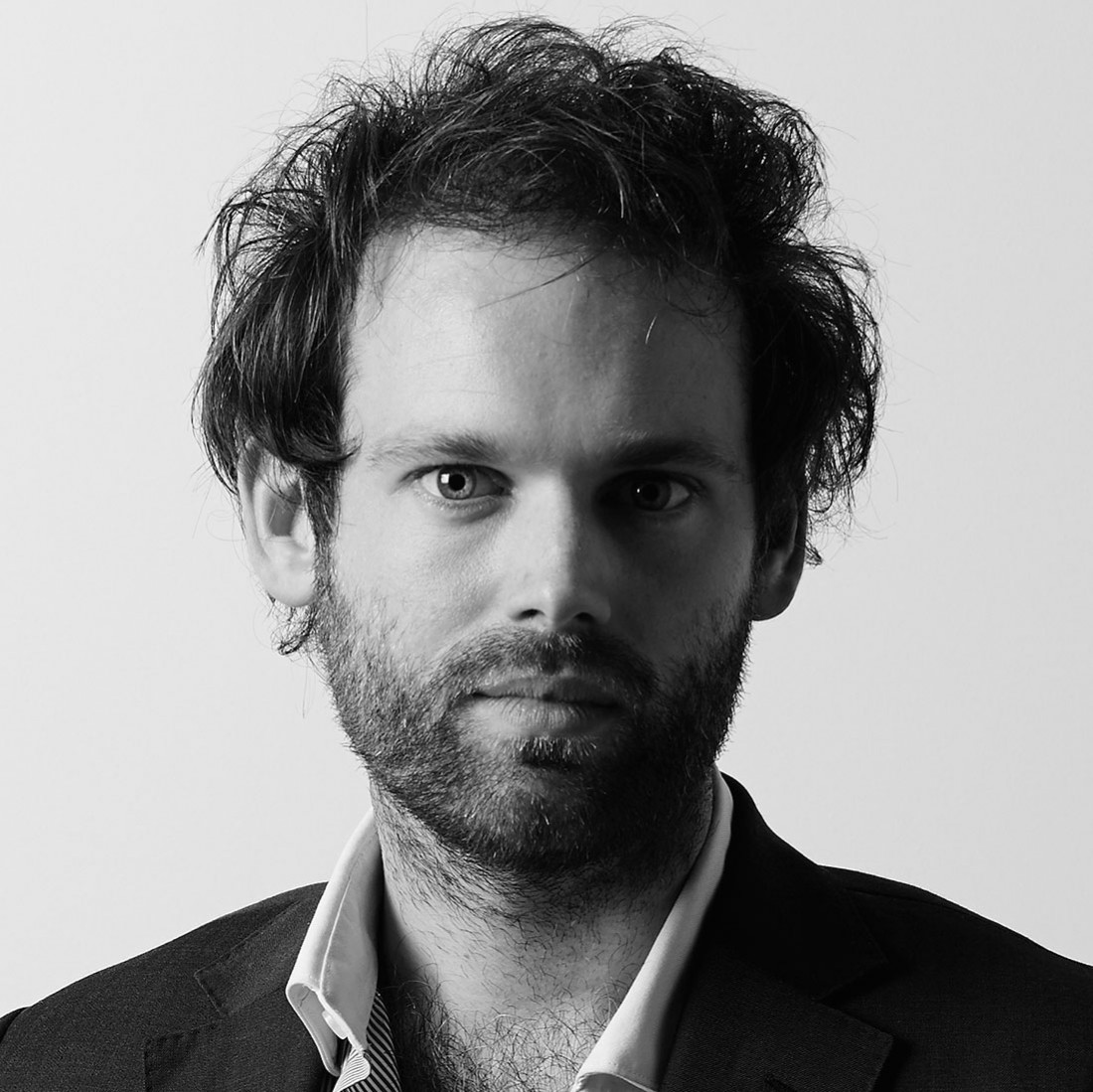Erik Jensen
We caught up with Erik Jensen to ask a few questions:
Q. As a journalist you have written award winning articles and series on topics ranging from cultural practices, to politics and the arts. You choose topics of social importance that seek to make a difference. What skills and attributes to you consider to be essential for this kind of hard-hitting investigative journalism?
A. I don’t know that I’ve ever been called hard-hitting. But inasmuch as I might define my journalism, I would say it is little more than the act of noticing. It is noticing when patterns don’t fit, when aberrations require explanation, when something does not seem right. It is no different on an investigative piece or a profile: you are always looking for the small detail others might have missed.
Q. How did you develop these skills? Where did you get your training? Who inspired you?
A. I learnt my craft as a cadet journalist on The Sydney Morning Herald. Some very good writers were incredibly generous to me, and I owe any skills I might have to them.
Q. Can you please tell us what ‘old fashioned journalism’ means to you and why it is important?
A. I don’t think there’s anything old-fashioned about journalism. It is the means by which society comes to understand itself and it is as important now as it has ever been.
Q. What skills from journalism do you bring to writing longer works, like your biography of Adam Cullen, what skills do you leave behind and what additional skills did you need to develop?
A. The secret about my Adam Cullen book is that it is really just a series of 300-word pieces stitched together with mending thread. In this way, it is little different to the kind of journalism I used to do when I was writing for a daily newspaper. The basic skills are always the same: listening, noticing, finding ways to describe, trying for that moment where you can say you actually understand what you are writing about.
Q. What drew you to Adam Cullen as a subject for an autobiography?
A. I don’t have a clear answer for this, except to say that I was drawn to the size of his character – its instability, its bravado, its fractures. Better still, he wanted to talk to me.
Q. You were very young when Adam Cullen invited you to write his biography. Why do you think he chose you?
A. I don’t have a clear answer for this either, except to say that the book was a series of challenges set by Adam, and after I cleared those challenges he started to talk to me truthfully. Some were physical – shooting me, throwing me from a motorcycle – and others were more psychological. If I were asked to write the book now, I doubt I would stay through those challenges. I think Adam knew that, too.
Q. What do you think Adam Cullen meant when he used the phrase “acute misfortune” which is the beginning of the title of your biography of the artist?
A. He meant for the phrase to be ambiguous. It was his explanation for the scar that twisted the length of his stomach, the illness that ultimately killed him. It’s the phrase that kept me there: Its glibness and its poetry, in the face of such sickness. It demanded a follow up question. A hundred, really. The book is basically those questions. Variations on the theme, Why are you dying?
Q. Finally on a personal note. What do you like to do on your days off?
A. I spend a lot of time looking at pictures. I cook and I write and I usually have some project that is keeping me distracted.
Eric thank very much for sharing this with us. Looking forward to seeing you at the St Albans Writers’ Festival.


